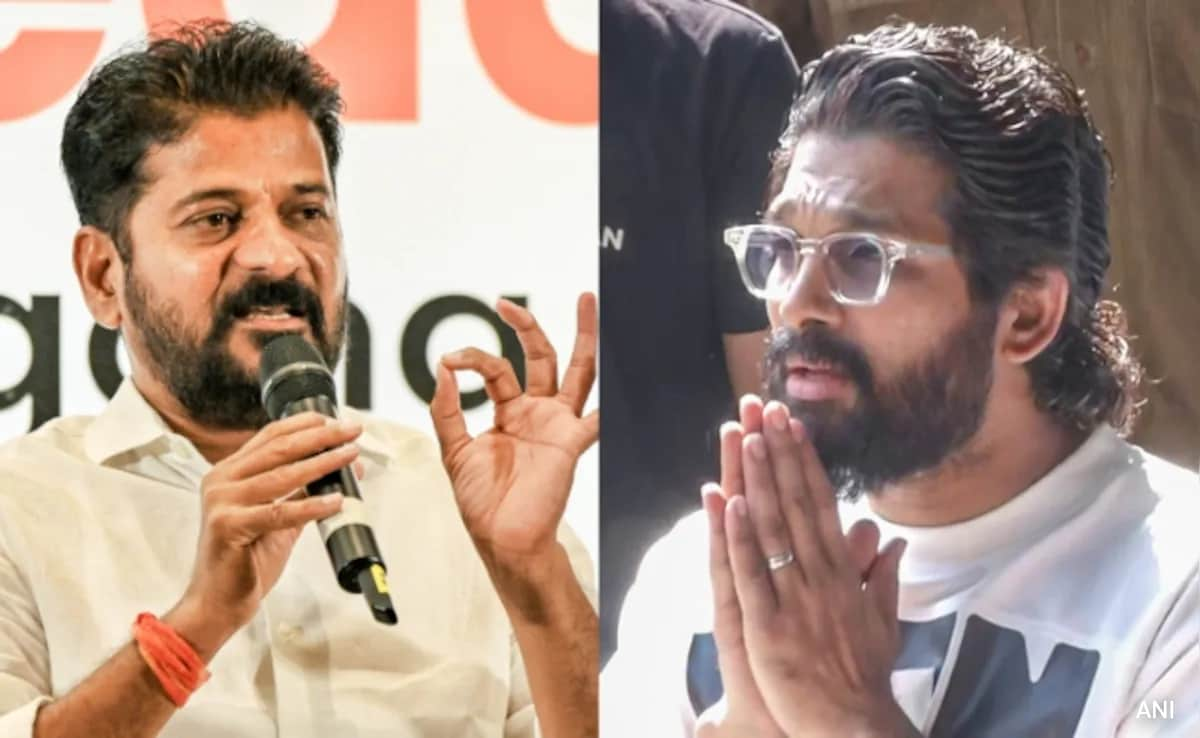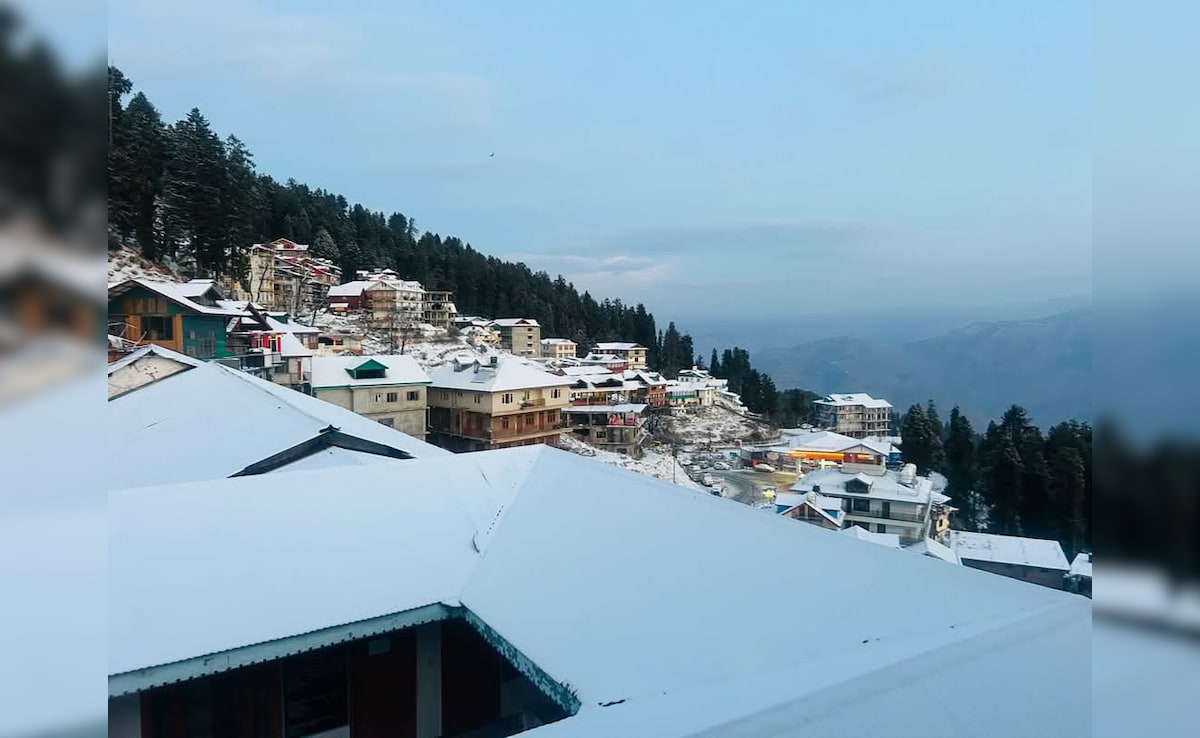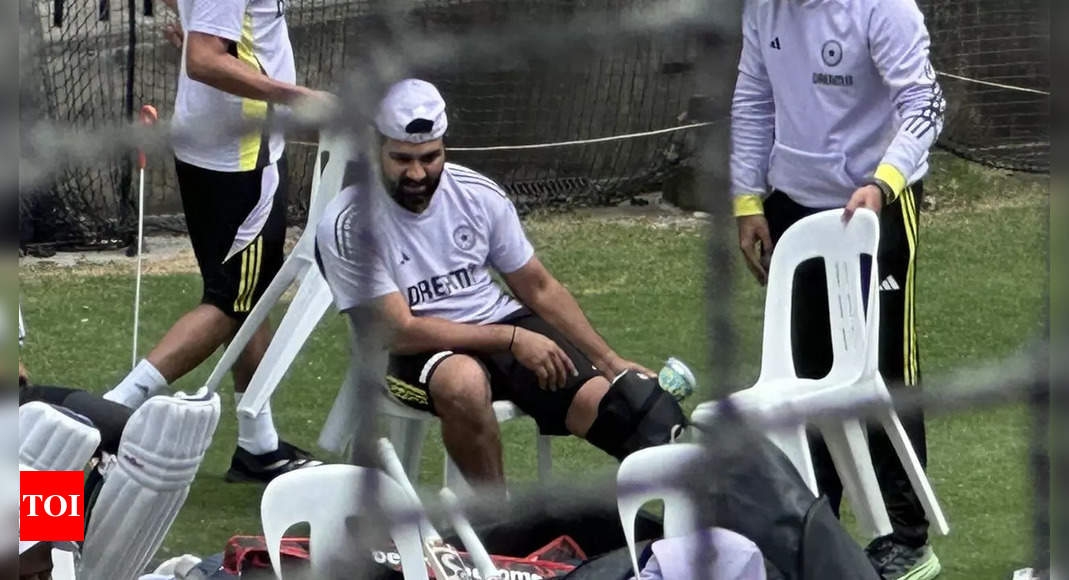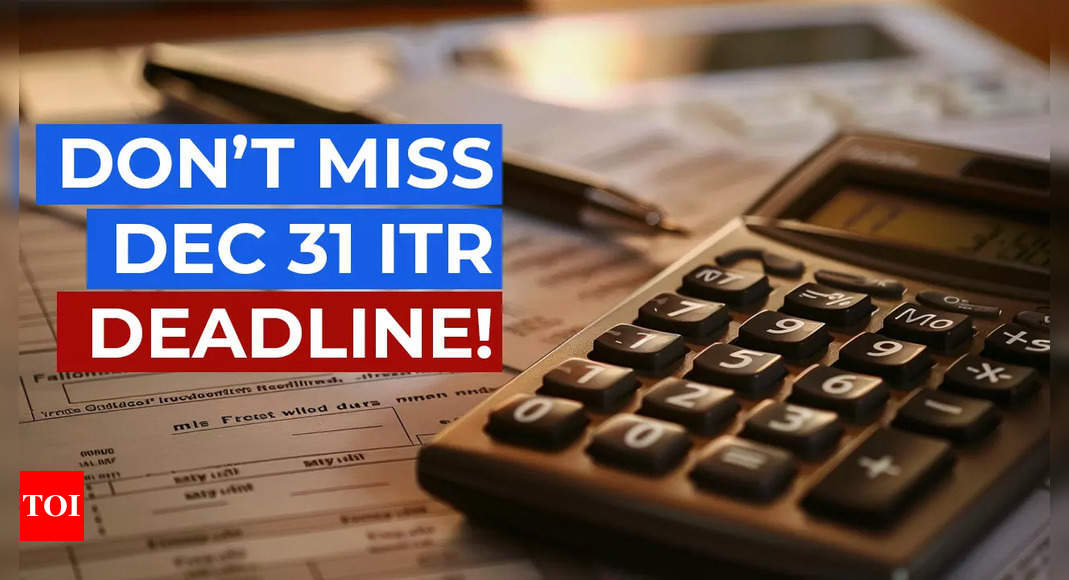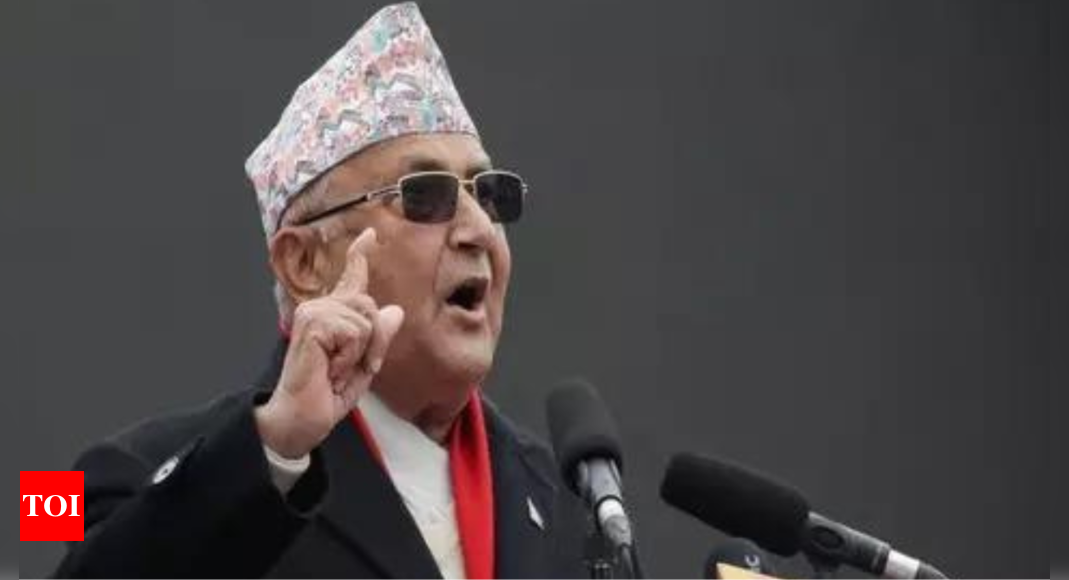
With K P Sharma Oli set to return as PM, India’s primary concern in the immediate run would be whether Oli, seen as pro-China in the past, will go ahead and sign the BRI implementation plan with China during his term in office.
Nepal under P K Dahal Prachanda backed down from signing the agreement last month, when Chinese vice minister for foreign affairs Sun Weidong visited Kathmandu.
Nepal joined the BRI in 2017 but it’s yet to approve the implementation plan which will clear the way for over a dozen BRI projects in the country.
CPN-UML and N Carrived at a power sharing agreement last week, leaving the Prachanda-led govt woefully short of majority. India would have ideally liked Prachanda and NC to come together in the game of musical chairs that has unfolded repeatedly since the elections in 2022, but govt sources said India will be happy to work with Oli as well.
Despite his alleged China tilt, and the controversy over Nepal’s new map during his previous term in office, Oli has been looking to build ties with India, acknowledging the role its neighbour can play in Nepal’s development. In fact, the chief of his party’s foreign po licy department, Rajan Bhattarai, said in an interview this week CPN-UML doesn’t believe that Nepal can progress or the interest of Nepalese people could be promoted by pursuing anti-India policy. The fact that he will be dependent on support from pro-India NC will also be a determining factor. NC has maintained that while financing BRI plans, Nepal must accept only grants, and not loans, from China.
Nepal under P K Dahal Prachanda backed down from signing the agreement last month, when Chinese vice minister for foreign affairs Sun Weidong visited Kathmandu.
Nepal joined the BRI in 2017 but it’s yet to approve the implementation plan which will clear the way for over a dozen BRI projects in the country.
CPN-UML and N Carrived at a power sharing agreement last week, leaving the Prachanda-led govt woefully short of majority. India would have ideally liked Prachanda and NC to come together in the game of musical chairs that has unfolded repeatedly since the elections in 2022, but govt sources said India will be happy to work with Oli as well.
Despite his alleged China tilt, and the controversy over Nepal’s new map during his previous term in office, Oli has been looking to build ties with India, acknowledging the role its neighbour can play in Nepal’s development. In fact, the chief of his party’s foreign po licy department, Rajan Bhattarai, said in an interview this week CPN-UML doesn’t believe that Nepal can progress or the interest of Nepalese people could be promoted by pursuing anti-India policy. The fact that he will be dependent on support from pro-India NC will also be a determining factor. NC has maintained that while financing BRI plans, Nepal must accept only grants, and not loans, from China.


